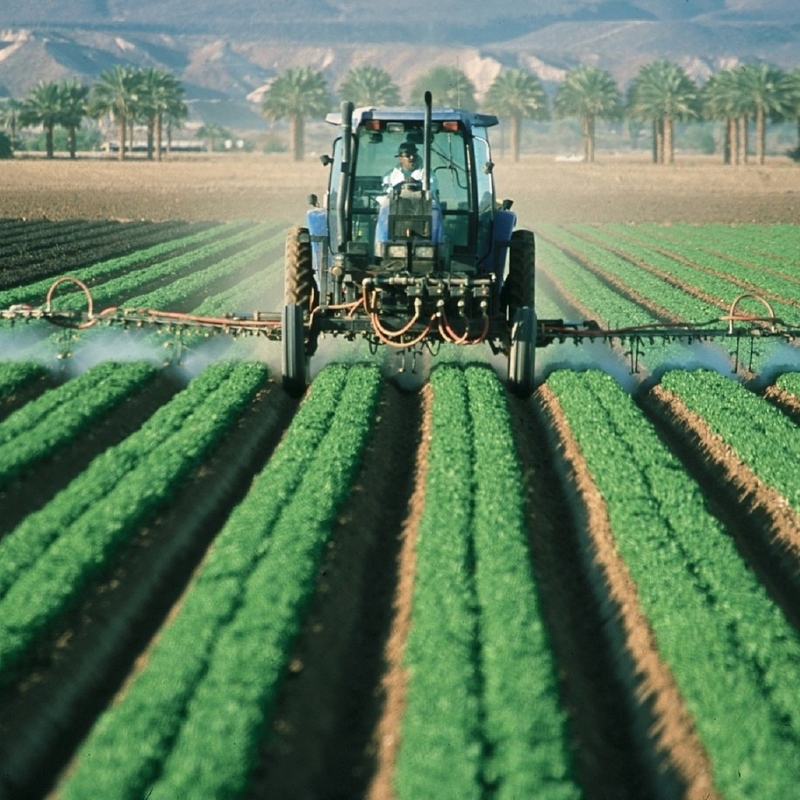You've probably heard of agrochemicals, pesticides and chemical fertilizers and how these materials can negatively impact our health.
The World Health Organization (WHO) says that 80% of cancer cases are due to exposure to chemical agents.
The National Cancer Institute (INCA) has been developing countless researches related to the use of agrochemicals with the appearance of the most diverse types of cancer, besides officially positioning itself against current practices of use in Brazil.
When we make a meal, we often consume different types of agrochemicals in a single food that are not eliminated by the organism and are accumulated over time. According to the Brazilian Association of Collective Health (Abrasco), the Brazilian consumes up to 12 liters of agrochemicals in the year.
How to avoid agrochemicals on a daily basis?
Many products that we consume on a daily basis may contain traces of agrochemicals contamination: fruits, vegetables, milk, meats and processed products.
This is due to the contamination of water, soil and the use of contaminated raw materials by industry. There are several small group strategies to propagate agroecology and organic food production. "The" Live Without Poison "campaign is a national articulation linking people, entities and organizations in this fight for life and against the use of pesticides.
To avoid exposure to agrochemicals and to reduce their consumption, here are some tips:
Prefer organic foods that are in season, because these crops receive less agrochemicals;
Wash fruits and vegetables for 1 minute with sponge and mild detergent before consuming;
Remove the outer leaves from the vegetables and peel the thin-shelled fruits as these parts concentrate more agrochemicals.
Every year Anvisa publishes a list of the most contaminated foods. It is worth consulting and knowing which foods to avoid in order to decrease the risk of health damage.
According to recent research published in the Journal of Agricultural and Food Chemistry, the use of sodium bicarbonate solution helps to remove up to 96% of agrochemicals from the apple peel and is a strategy to be used in the daily routine of families Brazilians.
* Article written by Beatriz Silva, nutritionist of São Carlos Saúde Oncologica

